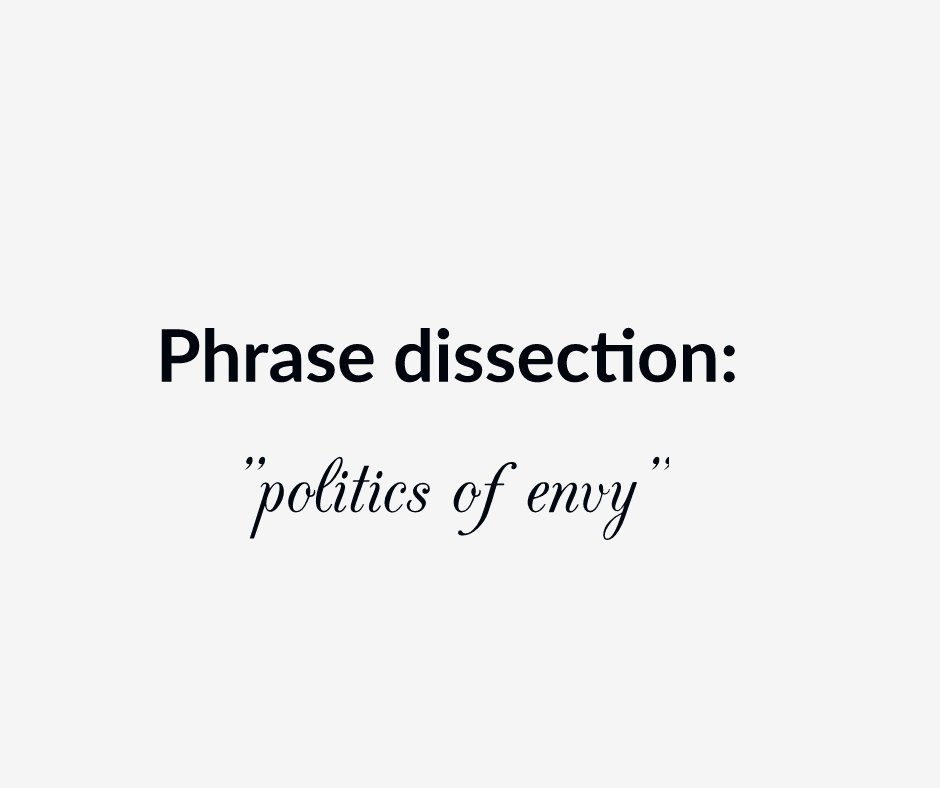
Theresa May has been a stalwart lynchpin keeping certain dangers at bay. She has managed to perform a variety of duties in the national interest; slowing down the progress of the European Research Group (ERG) and keeping Boris Johnson out of office.
Since the moment she laid down her Chequers Deal, the people understood that there was no deal that could be made which would appeal to both Leavers and Remainers. Despite this she has slugged on, her ideas appealing to no majority.
Because of her inability to lead the people through Brexit, Theresa May has been forced to stand down. When she does, Boris Johnson is the most likely to succeed the position of Prime Minister.
Since a recent scandal emerged regarding Boris Johnson’s adultery, the former mayor of London has blended into the background, no doubt letting the sting of said scandal blow over before he decides to run for the top job. With a new haircut and a new posture (those sad old tactics still used by politicians) Boris Johnson kick-started his new Back Boris campaign this Monday amidst the turmoil of another scandal. This one regarding his spreading of disinformation during the referendum to leave the European Union.
The court order was raised by Marcus Ball who took to crowd-funding to get the case put through legal proceedings. Boris Johnson’s lawyer has argued that the summons was “unlawful” and wants the case to be suspended for a judicial review. One might guess that it will be once again for review once Boris Johnson is Prime Minister.
Boris Johnson sees himself as the next Winston Churchill. A great leader in waiting who will steer the U.K to greatness. Whilst this might appeal to many people who believe that the U.K will become a vast superpower after separating from the European Union, we must not forget that Boris is still a career politician whose primary goal is to become Prime Minister and be remembered for greatness.
Before the referendum of 2016 started, Boris Johnson wrote two papers. One paper championed the benefits of being inside the European Union whilst the other championed leaving the European Union. On the eve of the campaign, Boris Johnson made the decision to publish the latter paper in a bid to appeal to the more nationalist leaning voters. He pushed for Brexit thinking that the leave side would not win, but he would come out the other side and say that he fought for the people. A ragged fighter for a lost cause.
Boris Johnson’s decision to support Leave was not one that would benefit the country but, as a career politician, would instead benefit himself and his standing in the country’s hearts and minds.
Speaking to Robert Peston, Johnny Mercer said that Boris Johnson “is one of the most self-serving politicians our country has ever seen” and that he “panders to prejudice knowing it wins votes.”
When the vote came through and the U.K found out that we would be leaving the European Union, Boris Johnson and Michael Gove were filmed on stage. Neither were celebrating.
Boris Johnson does not want Brexit, but he does want to be seen as a staunch leader. He wants to be seen as a man standing up for the so-called “will of the people.” Theresa May, for her ills, made sure that Boris Johnson was put in a position where he could live up to his words and forge new relationships throughout the world by making him Foreign Secretary.
Boris Johnson was met warmly by many who regarded him as the fuzzy, personable man who they had seen on television. However, that was the only thing that they got. Boris had a habit of turning up, shaking hands, posing for selfies and making jokes.
There was a widespread disappointment by officials within the countries that Boris visited who commented that Boris had provided nothing of substance.
This was feeble attempt of international relations by the man who had championed Brexit. But, keeping in mind, what could Britain offer the rest of the world that it could not have offered while being part of the E.U? The answer; far less. The world wanted to know that they could get access to us and, through us, access to Europe.
Boris Johnson’s one and only role was to make the best out of Brexit by becoming a face of the nation and telling the rest of the world that all was well and thriving and that Britain was still open for business. James Lansdale commented that “it is a task that few historians will conclude Mr Johnson achieved.”
This profile does not match that of a Brexiteer. And if it does, then he is startlingly incompetent. Either way, the man made a mockery of the U.K when he visited other countries and could offer nothing of substance. What was he going to tell them anyway? He could not secure any trade deals or organise anything substantial whilst the process of unfolding ourselves from the E.U was going on.
Author of politics.co.uk, Ian Dunt, wrote a piece today titled “This prime minister was destroyed by Brexit. And the next one will be too.” In this stark and worryingly bleak piece, Ian Dunt highlights the only two reasonable options which must be considered by the next prime minister in order to sort out the Brexit mess:
“Either cancel Brexit, which they will not do, or be honest with the people what it entails, which they will not do either.”
Boris Johnson will not be the person to do this (neither will anyone else) but the primary concern is that Boris is self-serving and lacking any real substance. When he doed show substance or make concrete decisions, his choices are somewhat questionable. For instance; the Garden Bridge, purchasing water cannons in response to the London riots, multiple counts of sexual promiscuity, claiming Nazanin Zaghari-Ratcliffe was teaching journalism in Iran instead of being on holiday which would result in spending more time in an Iranian prison instead of coming back to the U.K, calling black people “piccaninnies”, backing Brexit and using a thirty year-old argument about bananas – which was false – tojustify it. The list is extensive.











